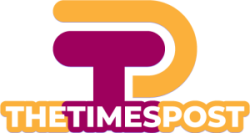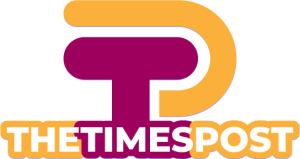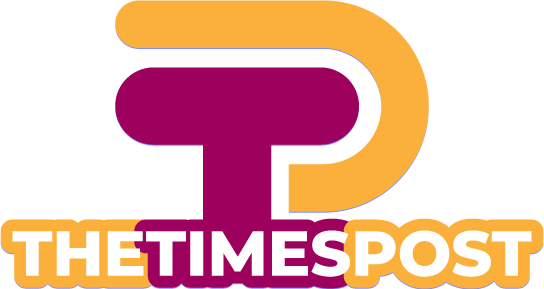Education is one of the fundamental rights to shape the future generation and bring positivity to any person’s lifestyle. Education is referred to as learning that helps to invite the truth and give us the ability to justify our actions. Here we compare different types of education and let you know about the advantages and disadvantages of the various education systems.
1)Formal Education
Formal education is structured and follows a disciplined framework of learning Civics Past Papers and Answers. It follows a planned way of sharing information between educators and students. The students need to follow a regular schedule, and charges for this in fees need to be submitted timely. It follows a successive way of learning where you learn from one step to another. It follows a syllabus-oriented learning program that means you need to cover the syllabus in a specific time frame. The children learn all this information and chapters from their teachers, who either teach online or offline.
Pros & Cons of Formal Education
Pros
1. An organized framework of education helps to complete the content of the course given intervals of time.
2. Students learn from highly skilled educators who are experts in their profession
3. The timely and disciplined learning process
4. Different exams and assessments to decide whether the student is capable of the following learning step or not
5. Time to time management and highly organized
6. Students get recognition in the form of certificates
7. You are capable of getting jobs easily
Cons
1. Sometimes the class becomes highly monotonous for children who can learn quickly due to the slow learning process and waiting period.
2. Students might get involved in bad companies due to all types of student’s availability in the classroom.
3. Students might not feel motivated and energetic due to the slow learning process.
4. At some point, many of the unprofessional educators don’t maintain any formal education standards and cause wastage of hard-earned money of parents and students’ time.
5. Highly expensive and non-flexible form of education.
1. Informal Education
The informal education system is not limited to any kind of boundary. It works as an independent learning process and doesn’t have any definite/fixed syllabus. The learning process does not follow any rigid timetable or learning schedule. You don’t need to pay any charges for this learning as it is based on daily experience.
You can learn new things by observing your surroundings. It has no limitation of age and a never-ending learning process. You don’t need to stress about certain certificates and results in this type of learning. The sources of informal education include online media, the world wide web, family, friends, and life experiences.
Pros & Cons of Informal Education
Pros
1. You can learn from anywhere by observing people based on what you see and observe in your surrounding & family.
2. It involves the process of learning where the interest of individuals lies.
3. You can learn using online media, social media platforms, library books, or with the help of your elders and informal trainers.
4. You can learn from it by using any kind of technique you find convenient.
5. There is no foundation for completing a task at a certain time period.
6. Cheap & time efficient process of learning
7. You don’t need to hire any professional educators and learn the particular skills you want to learn through online classes apps, books, or social media.
8. You can even ask your family members who can guide you to learn certain skills.
Cons
1. The information collected by online media and social media platforms might give you the wrong information.
2. Maybe you can’t learn the right process of a particular skill
3. It might take time as you are not bounded with any kind of schedule
4. You can’t predict the result of informal learning
5. Absence of discipline and interaction in public habits
Non-Formal Education
The non-formal education system is a planned learning process after the academic session. However, we can adjust its timetable and requirements accordingly. It is a practical & vocational form of education. It is independent of age and doesn’t require any certification or fees.
canvas fisd (My Cfisd Net) – Learning Together Anywhere



